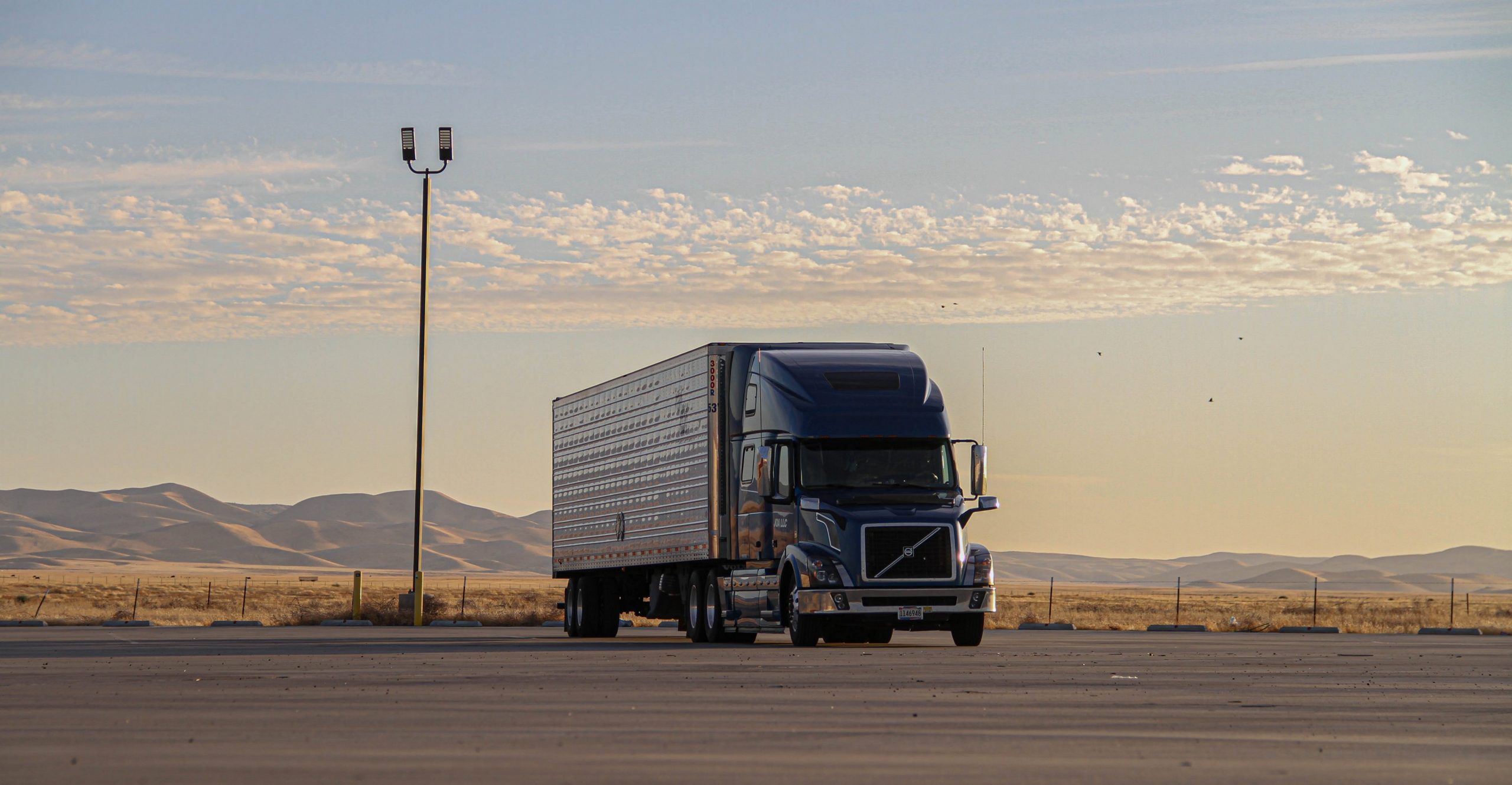Drivers prefer smaller firms, report says

Drivers Prefer Smaller Firms – The report revealed that truck drivers tend to prefer smaller companies of fewer than 500 workers.
Drivers, technicians and office workers in the trucking industry are more likely to be satisfied at small or medium-sized companies, according to WorkHound’s mid-year report. Workhound is a website that provides a forum for those in the trucking industry to post comments on the state of their work and transportation in general.
WorkHound’s mid-year report results, presented during a Truckload Carriers Association (TCA) webinar on Aug. 31, outlined the trends in driver feedback so far this year. The feedback were gathered weekly through anonymous submissions from more than 10,000 drivers, technicians and office staff from 77 trucking companies.

Drivers Prefer Smaller Firms – The report revealed that drivers, technicians and office workers reported more positive comments, more praise, and reported a higher satisfaction with their careers.
The report revealed that truck drivers tend to prefer smaller companies of fewer than 500 workers. Those companies drivers, technicians and office workers reported more positive comments, more praise, and reported a higher satisfaction with their careers.
Praise Top Concern
Praise was one of the top themes recorded in feedback by small, medium and large companies. However, workers at large companies are less likely to share feedback that includes praise for their company and coworkers. Small companies received 50 percent more praise than large companies.
Enjoying our insights?
Subscribe to our newsletter to keep up with the latest industry trends and developments.
Stay Informed“Praise is a culture indicator,’’ Max Farrell, chief executive and co-founder of WorkHound
“Praise is a culture indicator,’’ said Max Farrell, chief executive and co-founder of WorkHound. “The substantial lack of praise at large companies is possibly a symptom of communication.’’
At small companies, workers are accustomed to more frequent and personal communication, which suggests that workers at companies of all sizes may benefit from being contacted more frequently, Farrell said.
Kim Daigel, VP of human resources at P&S Logistics
“When you’re trying to scale an operation, often times what would be considered the “personal touch’’ – the ability of people to reach out to others — I think gets diminished as you attempt to scale up,” said Kim Daigel, vice president of human resources at P&S Logistics. “Often times, scaling up means automating things, and creating systems in order to solve problems, instead of having people solve problems. I think the people side of larger businesses gets lost beneath all that automation.’’
P&S Logistics Maintains Roots

Drivers Prefer Smaller Firms – At P&S Logistics, which has grown into a large company, executives are trying to maintain aspects of the culture that made the firm successful as a smaller business
At P&S Logistics, which has grown into a large company, executives are trying to maintain aspects of the culture that made the firm successful as a smaller business, Daigel said.
P&S Logistics empowers managers to solve driver problems, with the aim being to lower the number of drivers per manager.
“In some larger companies they get into a rut of not thinking of the driver, but thinking of the truck,’’ Daigle said “They almost make the person into a piece of equipment. I think that they do that so they can put more drivers with fewer office folks. It’s a point of growth difficulty, in that you have to keep adding more people as you’re adding more drivers. But by trying to solve that by increasing the number of drivers you have on a driver manager, is really where you end up losing that personal touch.”




















